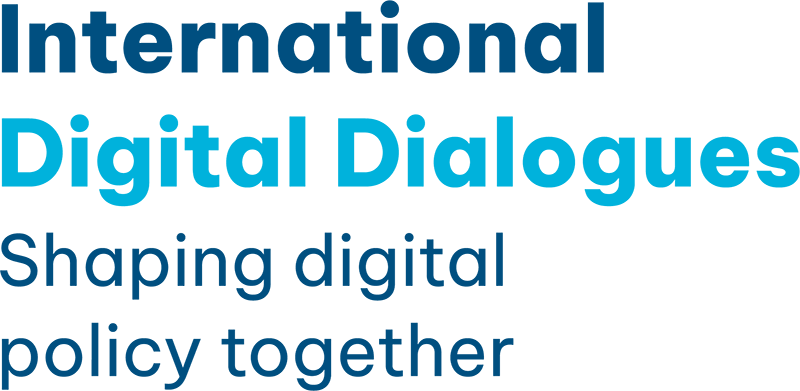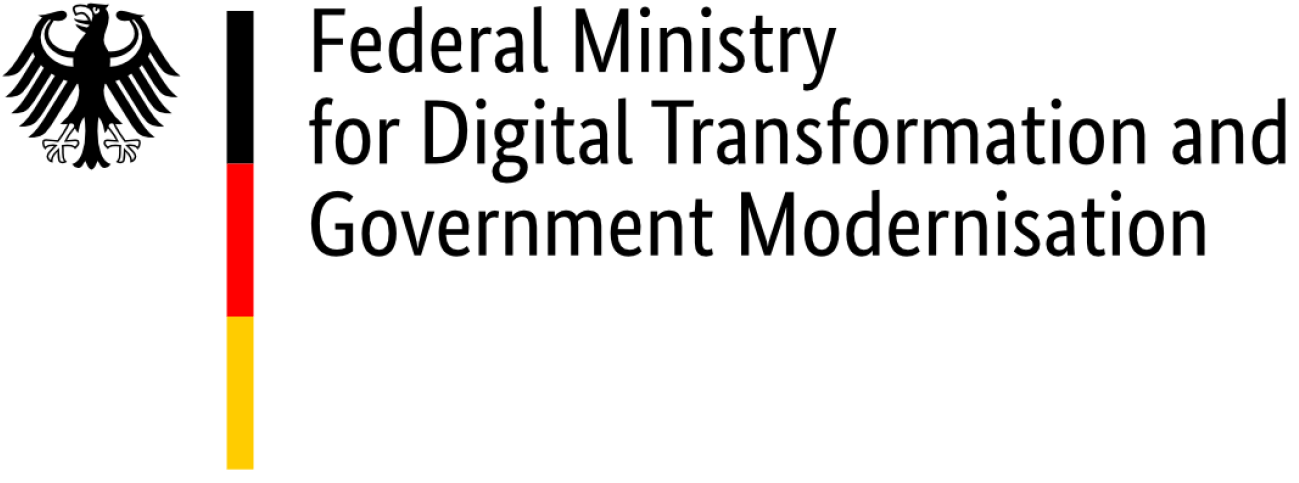Knowledge exchange on 4G and 5G implementation in Indonesia and Germany
Indonesia

Why 5G matters
5G communication is crucial for driving economic growth, enhancing connectivity and fostering innovation in areas like the Internet of Things (IoT), healthcare and smart cities. With its reduced latency and faster speed, 5G promises seamless connectivity and improved efficiency. However, transitioning from 4G to 5G faces challenges such as high infrastructure costs, compatibility issues, cybersecurity concerns and a shortage of skilled workers. Regulatory hurdles further complicate the global shift to 5G. In response to these opportunities and challenges, the Knowledge Exchange on 4G and 5G in Indonesia and Germany invited policymakers, companies, associations, academia and other stakeholders to discuss and exchange knowledge on the topic and identify possible solutions and collaborations.
Insights from the Knowledge Exchange
Mr. Marc Lendermann, Head of Division Bilateral Digital Policy and Digital Dialogues of the BMDV, emphasized the importance of the exchange in promoting and developing a common understanding of Germany’s and Indonesia’s approaches to improving connectivity. Mr. Ichwan Makmur Nasution, the Head of Center for International Affairs of the MCI echoed this sentiment and highlighted the importance of joint efforts in the digital sector.
In Germany, Industry 4.0 drives the need for enhanced communication between humans and machines. The Gigabit Strategy, introduced by Ms. Julia Polley and Mr. Lukas Jeuck from the BMDV, was launched to expand fiber optic networks across the country, starting in 2025 and reaching full coverage by 2030. However, the transition to the new network faces challenges such as the high cost of the infrastructure development. To ensure the increasing demand for the network, the Federal Government actively engages in providing fundings for local and regional authorities.
Outside of Germany, the Gigabit Strategy is also being expanded across member states of the European Union. However, just as Germany, the member states face challenges in adapting this strategy into their own unique needs such as the demand and supply of the network and regulatory measures. Dr. Robert Henkel from the European Commission noted that a universal solution for fiber optic connectivity is elusive, though the EU has launched investments and funding programmes to boost infrastructure development and encouraging greater demand for high-speed connectivity.
In Indonesia, 5G coverage currently serves just 4% of internet users. Mr. Roland Siahaan from the MCI outlined the country´s challenges, including high infrastructure costs and geographical complexities. Initiatives involving the collaboration between central and regional policymakers, industries and associations aim to remedy the high cost of building the necessary infrastructure and the limited supply and demand for 5G services.
Common Challenges: How to Address Them?
Global dialogues, such as those led by the International Telecommunication Union (ITU), GSMA Foundry and other institutions highlight the need for strategic partnerships between governments, industries and academia. Mr. Thomas Wehr, Regional Head Asia Pacific of Detecon, argued that through collaboration between the government and various stakeholders, policymakers can develop a national 5G strategy that aligns with the government goals and interests of the stakeholders. It will also help the government in promoting business models and healthy competition among stakeholders, driving the adoption of 5G technology. By working together, the strategy can be both effective and realistic, paving the way for smoother 5G implementation.
The sentiment was also further supported by Mr. Robby Fauzan Hakam, ICT Roadmap Manager of Telkomsel. Telkomsel has identified 6 key areas for policymaker to focus on: regulations, level playing field for the industries, spectrum availability, user adoption and awareness, digital talent supply, and strategic partnerships. By addressing the six key areas, the government will be able to overcome the challenges in the implementation of 5G in the country. The Knowledge Exchange underscored the importance of international collaboration in advancing 4G and 5G technologies and finding solutions to common hurdles.
More interesting news

Indonesia
Harmonising data regulations: Launch of a policy brief
On 30 October 2025, the policy brief “Harmonising Data Regulations: Advancing Indonesia’s Role in the Global Digital Economy” was launched in Jakarta. It was published on behalf of the German Federal Ministry for Digital Transformation and Government Modernisation (BMDS) and the Indonesian Ministry of Communications and Digital Affairs (MCDA) with support from the Indonesian Business Council (IBC) Institute. The launch highlighted the importance of internationally harmonised data regulation.
Read more … Harmonising data regulations: Launch of a policy brief

Indonesia
Cross-border spectrum management: Insights from Indonesia, Germany and the EU
On 1 September 2025, a knowledge exchange on cross-border spectrum management in Indonesia, Germany and the EU took place on behalf of the German Federal Ministry for Digital Transformation and Government Modernisation (BMDS) and the Indonesian Ministry of Communications and Digital Affairs (MCDA). The event was held in the framework of the Indonesian-German Digital Dialogue to exchange best practices on cross-border spectrum coordination.
Read more … Cross-border spectrum management: Insights from Indonesia, Germany and the EU

Indonesia
Indonesia and Germany exchange ideas on promoting digital startups
On 24 July 2025, partners and stakeholders of the Indonesian-German Digital Dialogue met to exchange on the ecosystem of digital startups in Indonesia and Germany. It was hosted on behalf of the German Federal Ministry for Digitalization and Government Modernization (BMDS) and the Indonesian Ministry for Communications and Digital Affairs (MCDA). The ministries aims to enhance the conditions for startups and foster an inclusive and balanced growth of the ecosystems in both countries.
Read more … Indonesia and Germany exchange ideas on promoting digital startups
Newsletter
Stay informed! To subscribe to the Digital Dialogues newsletter, enter your e-mail address here. Please also refer to our privacy notice.


